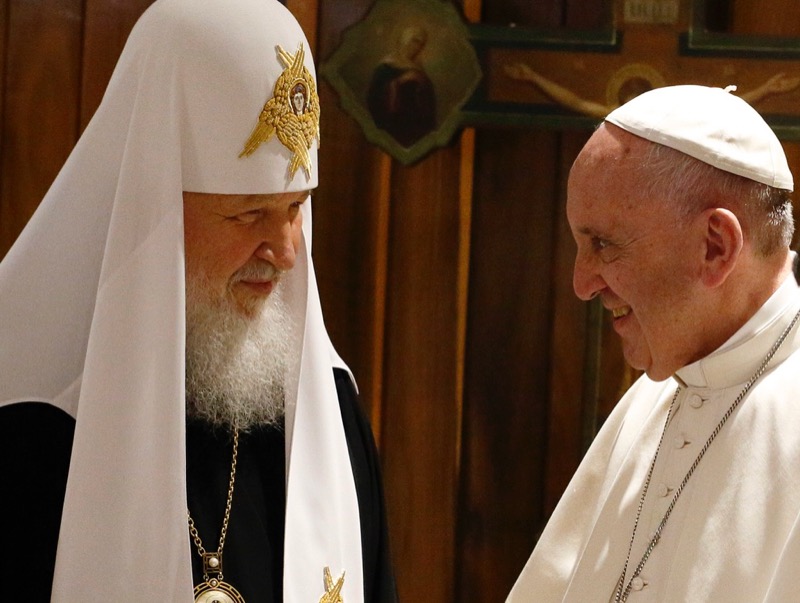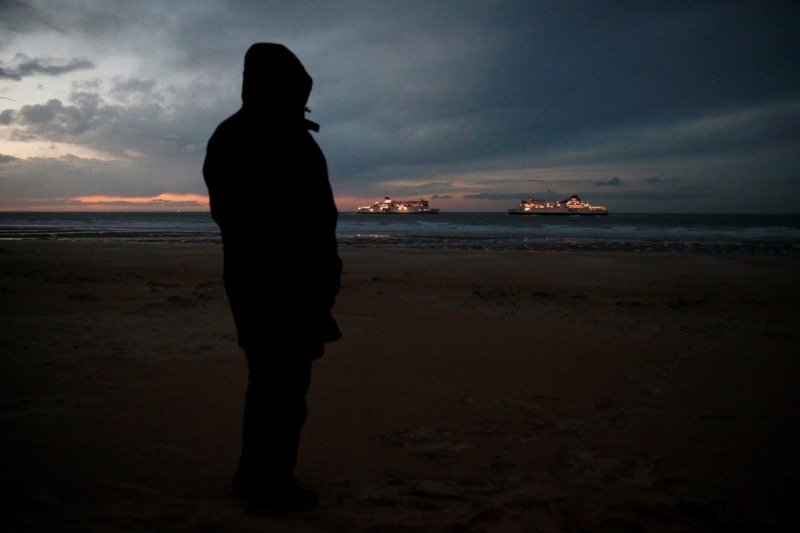Catholic groups have spoken out after 27 people died last night attempting to cross the Channel in an inflatable boat.
Two survivors have been brought to a Calais hospital and are being treated for hypothermia, according to French authorities, who confirmed the deaths of the 27 remaining passengers on the vessel that sank. Believed to have been crossing in order to seek asylum in the UK, those on board were reportedly Iraqi and Iranian Kurds.
Archbishop of Westminster Cardinal Vincent Nichols described the drownings as “a tragic summons to action”.
| Should nations have an open borders policy? Or do they have the right to restrict entry to whom they choose? In a podcast done in collaboration with The Tablet, Barnabas Aspray puts these questions and more others to Luke Glanville, Professor of International Relations at Australia National University. |
He added: “This event illustrates graphically both the ruthless evil of the traffickers and the desperation of those trying to escape poverty, conflict or persecution in search of a better life.”
Emphasising the innate dignity and worth of refugees and migrants, the cardinal concluded that “focussed international cooperation, safe routes to sanctuary and joint efforts to tackle poverty are all needed in the face of a global flood of desperate humanity.”
Speaking to The Tablet, Sarah Teather, former government minister and current head of the Jesuit Refugee Service UK, said she was “deeply saddened” by the news. She said that, in her view, the drownings also involved questions of “justice”. “While desperate people drown in the Channel,” she warned, “the government makes plans for pushback tactics so dangerous that it has mooted immunity from prosecution for Border Force officials in the event that more people drown.”
|
Imagine you see someone at risk of drowning. Are you morally obligated to rescue them? If you have the means of bringing them to safety, should you employ it? Such questions have become urgent, because the Nationality and Borders Bill could place people who help asylum seekers at sea at risk of prosecution. Read the third in a series of five blogs for The Tablet by Sophie Cartwright of the Jesuit Refugee Service. |
Three adolescents – one girl and two boys – died in the tragedy, with the remaining victims being comprised of 17 men and seven women. The International Maritime Organisation has stated that the tragedy was the biggest single loss of life in the channel since they began to take records in 2014. According to the United Nations, around 9.2 million Iraqis are internally displaced or refugees abroad.
The St Vincent De Paul Society of England and Wales said that dangerous crossings are made because “no other way” is presented for undocumented migrants to cross, and called for the introduction of a “better, fairer and more compassionate system”. The Jesuit Refugee Service echoed those sentiments, condemning a “a politics that seeks to fortify our shores against those seeking sanctuary”.
SVP added: “We need a system that builds bridges, not walls.”



 Loading ...
Loading ...